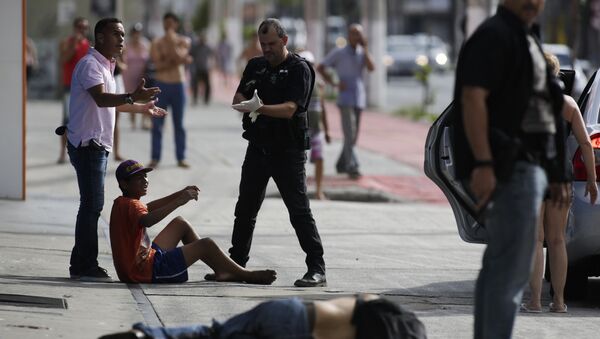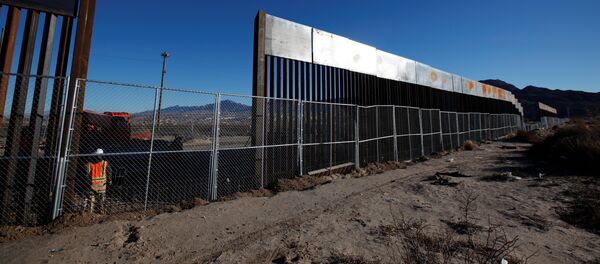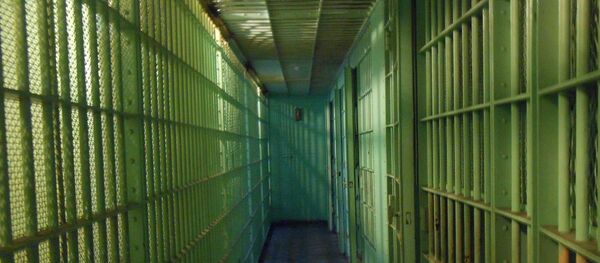The state government announced February 10 that an agreement had been reached, but the next day Gustavo Tenorio, a spokesman for the Espirito Santo Public Safety Department, told AP the agreement had been rejected by the striking officers.
The work-stoppage is blamed for a sudden uptick in crime, particularly in the state capital, Vitoria, where there have been incidents of looting, violence and vandalism. The union representing civil police officers says 137 people have been killed since military police left the streets February 4, Al Jazeera reports. ("Military police' is the Brazilian term for officers who carry out street patrols and maintain public order.)
Acting Governor of Espirito Santo Cesar Colnago said the state saw 80 murders in just four days, Deutsche Welle reported February 8. The crime rate of the past week has been roughly six times what it normally is.
The police are prevented by law from striking, a limitation the officers have gotten around by having their relatives barricade them inside their barracks as they demand better pay and better working conditions. Their families could face fines and other punishments, officials say.
The government had said that more than 700 striking officers could be charged with insurrection, though it said yesterday those who returned to work on Saturday would not face charges, Reuters reports. The Public Safety Department said late February 11 that some officers were patrolling in the center of the state capital, Vitoria; local media report that about 60 officers went to work.
In the meantime, Brazil's Defense Ministry promised more than 3,000 would be in the state by the weekend to patrol the streets.
Fear of violence led many state services and businesses to close over the past week, even hospitals and clinics. With the arrival of federal troops, however, life is beginning to return to normal, Brazilian Defense Minister Raul Jungmann said after visiting February 11, according to Al Jazeera.
President of Brazil Michel Temer addressed the crisis February 10, calling the strike "unacceptable."
"The right to protest cannot take the Brazilian people hostage," he said.
The striking officers say their base pay of about $931 per month ranks among the lowest in Brazil and that they have not had a raise in four years, Reuters reports. The government continues to reject their demands, though it has said it would review the system of promotions for military police.




